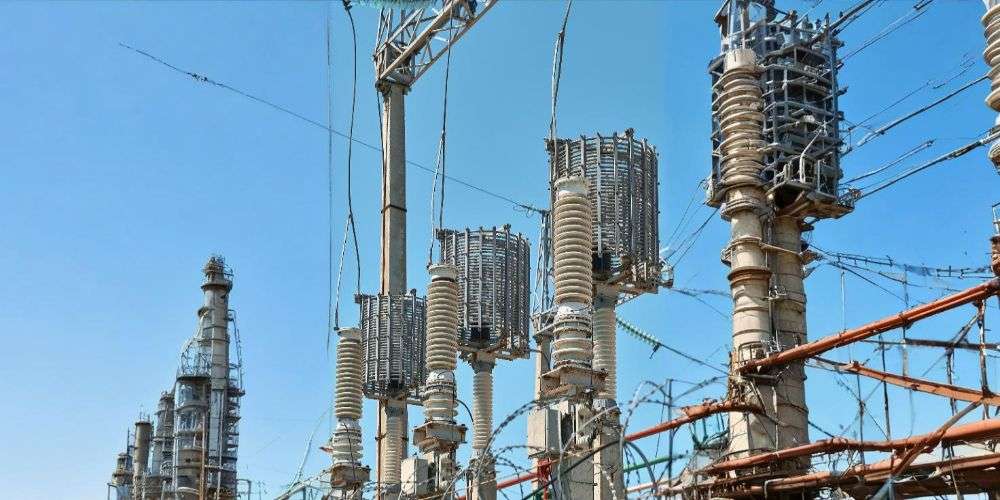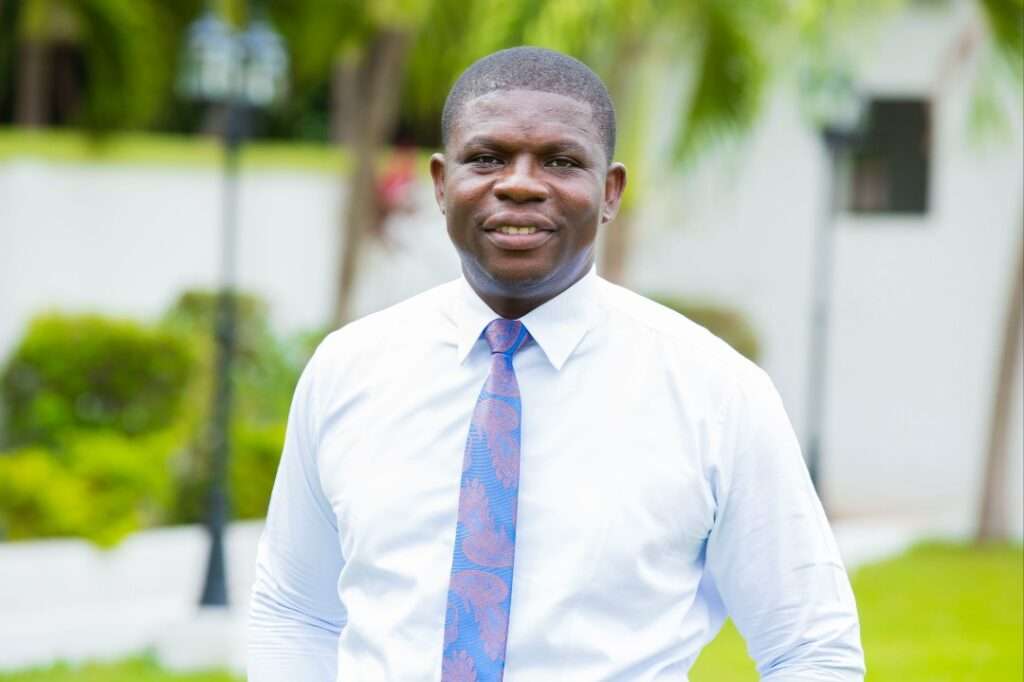The Deputy Minister nominee for Energy and Green Transition, Richard Gyan-Mensah, has endorsed the partial privatisation of the Electricity Company of Ghana (ECG) as a means of improving efficiency and financial viability.
His remarks came during his vetting session before the Appointments Committee on Tuesday, February 25, where he addressed critical concerns surrounding the operations of ECG.
Mr. Gyan-Mensah emphasised that ECG has been facing serious financial and operational difficulties, which he believes could be alleviated by introducing private sector participation.
He stated that such a move would help inject much-needed capital and enhance the company’s ability to deliver stable and consistent power supply.
“I think my minister’s position on the privatisation of ECG is necessary, given the current issues within the company. ECG urgently needs capital injection to address the inefficiencies in the system.
“Bringing in the private sector will play a key role in resolving these challenges and making ECG financially buoyant, which is crucial for consistent and stable power supply.”
Richard Gyan-Mensah, Deputy Minister nominee for Energy and Green Transition

His comments align with the government’s recent push to explore private-sector involvement in ECG’s operations. The primary objective of this initiative is to tackle inefficiencies and curb financial losses, which have long plagued the state-owned power distributor.
On January 24, 2025, the government inaugurated a seven-member committee to study and recommend potential private-sector participation models for ECG. This move signals a strategic effort to restructure the company and make it more financially sustainable.
However, the decision has met strong opposition from various trade unions, particularly the Trades Union Congress (TUC), which argues that privatisation has historically failed in Ghana and should not be revisited.
Trade unions insist that previous attempts at privatising ECG or its operations have not yielded the desired results.
They cite the case of the Power Distribution Services (PDS) agreement, which was terminated due to alleged breaches of financial obligations. Critics argue that private sector involvement could lead to increased tariffs and potential job losses, making it an unpopular policy among labour unions.
Scope of ECG Privatization

Clarifying the government’s stance, Mr. Gyan-Mensah explained that the proposed privatisation would not involve the entire ECG but would focus on specific sections of its operations.
“The privatisation under discussion would not involve the entire ECG but would focus on specific sections, primarily distribution, billing, and collections.
“This targeted approach ensures that we do not lose complete control over our national electricity distribution system.”
Richard Gyan-Mensah, Deputy Minister nominee for Energy and Green Transition
Addressing concerns about foreign dominance in the process, he reassured stakeholders that Ghana’s Local Content Act would be strictly adhered to. This means that local businesses would also have the opportunity to participate in the restructuring efforts.
“Although I haven’t had extensive discussions with my minister on this, I am confident that Ghana’s Local Content Act will be upheld.
“The privatisation will not be left solely in the hands of foreign players. Local private companies will also have opportunities to participate if necessary.”
Richard Gyan-Mensah, Deputy Minister nominee for Energy and Green Transition
The prospect of partial privatisation raises questions about balancing efficiency gains with the public interest. While private sector involvement could improve ECG’s financial and operational efficiency, there are concerns about the affordability of electricity for consumers.
Mr. Gyan-Mensah acknowledged these concerns, noting that any privatisation agreement must include safeguards to protect consumers from exorbitant electricity prices.
He urged all stakeholders, including government agencies, trade unions, and private investors, to engage in constructive dialogue to find a sustainable solution.
The nomination of Richard Gyan-Mensah as Deputy Minister for Energy and Green Transition comes at a crucial time when Ghana is seeking to strengthen its energy sector.
His support for the partial privatisation of ECG underscores the government’s commitment to addressing inefficiencies in the power distribution sector.
However, as discussions on this initiative progress, it will be essential for policymakers to ensure that reforms benefit both the economy and the average Ghanaian consumer.
The coming months will determine whether this proposal will be a step toward efficiency or a repeat of past privatisation failures.



















